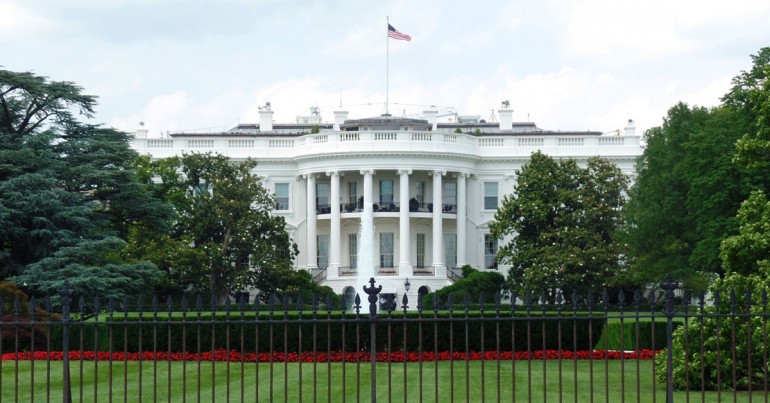
Twitchy
As 2017 gets into its stride, the list of economic and political threats continues to lengthen. The latest additions include White House accusations of currency manipulation by the European Central Bank, media allegations that a key French presidential candidate misspent government money on his own family, a bubbling-up of Greece’s perma-crisis and the House of Commons speaker’s desire to bar Donald Trump from the Palace of Westminster.
The safe-haven Japanese yen was the biggest beneficiary, strengthening by 1.8% against sterling and by 1.5% against the US dollar, and the Australian dollar was up there with it. The pound got the rough end of the stick, with an average decline of -0.9% and no wins. Its losses included three Australian cents, two NZ cents, two and a half yen and half a cent each to the US dollar, the euro and the Swiss franc.
Grossly undervalued
As Mr Trump was telling business leaders that other countries “live on devaluation”, citing China and Japan, his trade advisor Peter Navarro said in an interview with the Financial Times that the euro is “grossly undervalued”. Some might agree but the ECB president is not among their number. Mario Draghi told the European Parliament’s economic affairs committee that “First and foremost, we are not currency manipulators. Second, our monetary policies reflect the diverse state of the [economic] cycle of the euro zone and the United States.”
Fillon’s fumble
François Fillon, a leading candidate in April’s French presidential election, has admitted hiring family members and paying them with public money. The scandal has hurt his prospects, possibly opening the door to a win for the National Front’s Marine LePen. Having witnessed two improbable voting results last year, in Britain and the States, investors cannot ignore the possibility of President LePen taking France out of the euro, for that is her campaign promise.
Special relationship
Commons speaker John Bercow put the cat among the pigeons when he told the house that he was “strongly opposed to an address by Donald Trump in Westminster Hall”. Whether or not parliament does indeed bar the US president, the speaker’s message was not exactly calculated to nurture the special relationship that Downing Street sees as important to a trade agreement with the States.
Greek bailout
The International Monetary Fund has said more than once that Greece’s debt is unsustainable and it wants the country’s creditors to write off some of it. The creditors – especially Germany – disagree. They want to see more reforms and less government spending. The result is a sort of three-sided stand-off which none of them seems capable of winning. Renewed talk of Grexit cannot be far off.
The good news
Donald Trump promised during his campaign to reduce the regulation of banks, in particular the Dodd-Frank legislation that was introduced in 2010 in response to the global financial crisis. Many believe the complex law puts an unreasonable burden on smaller institutions limiting their ability to do business. Wall Street welcomes the idea of deregulation.
The bad news
The Dodd-Frank Wall Street Reform and Consumer Protection Act is intended to prevent, or at least to bring into the open, the sort of activities that led to the financial crisis. Critics of Mr Trump’s idea argue that the bill’s protection is still needed.
Sarah, Senior Account Manager at Moneycorp
Moneycorp is one of the largest international payment companies supporting over 90 currencies. Last year Moneycorp traded over £22.6 billion worth of international money transfers. Find out how Moneycorp can help you with your international transfer here.





